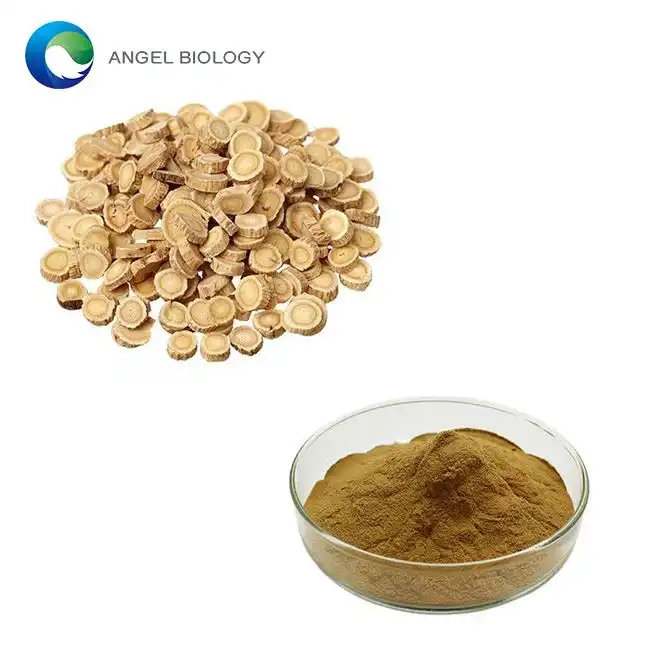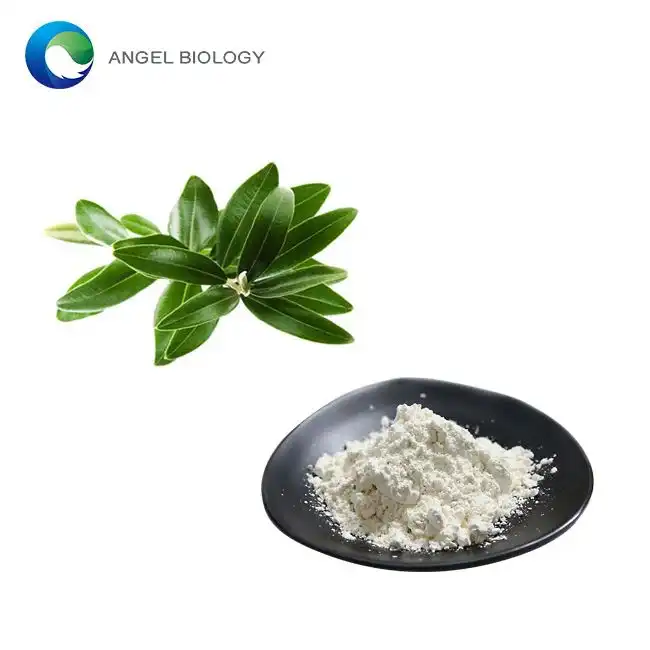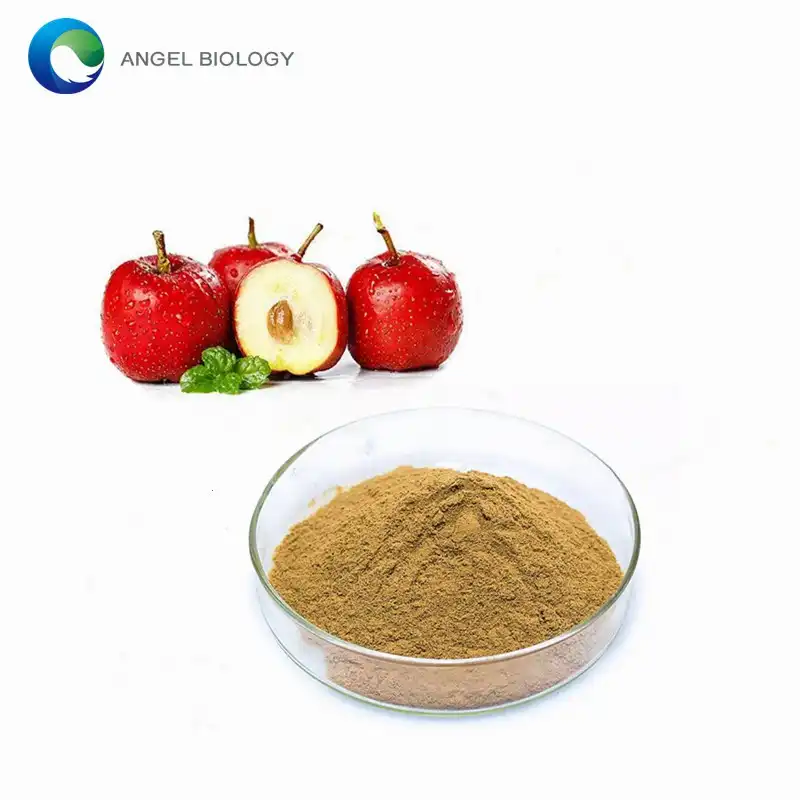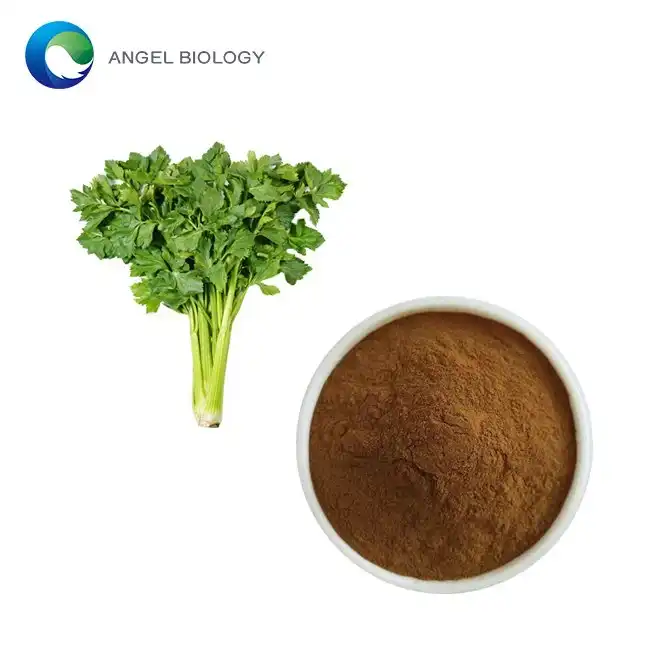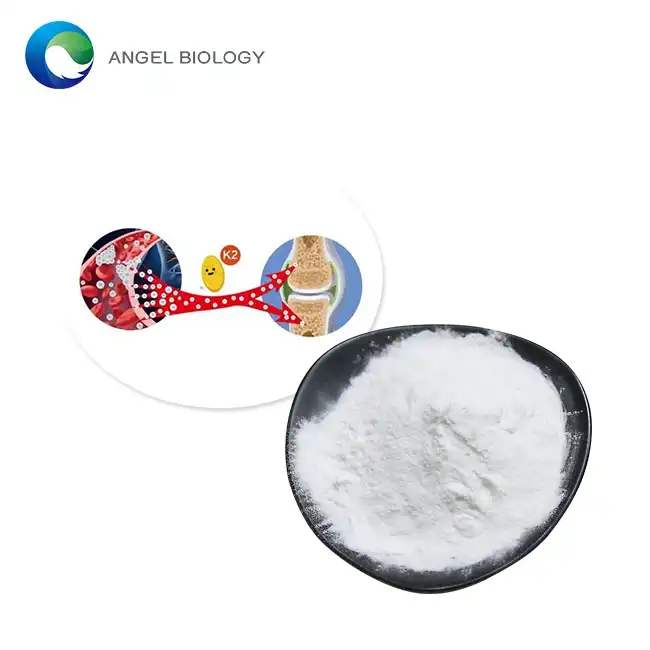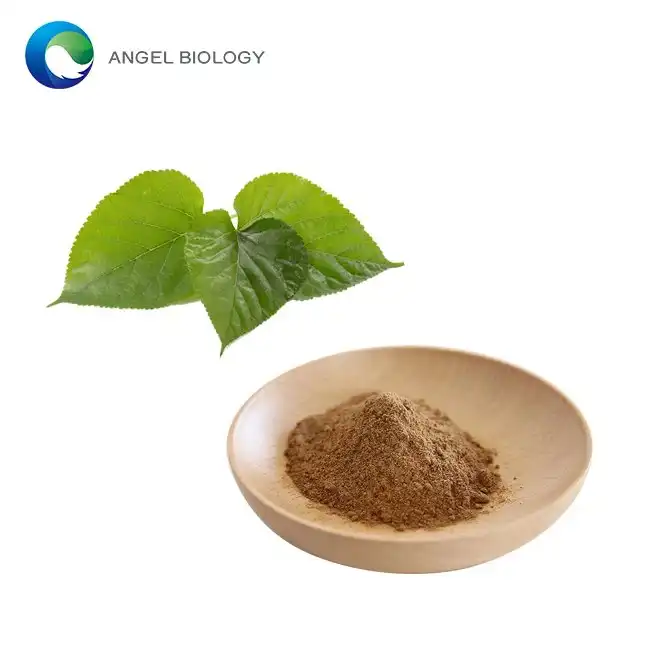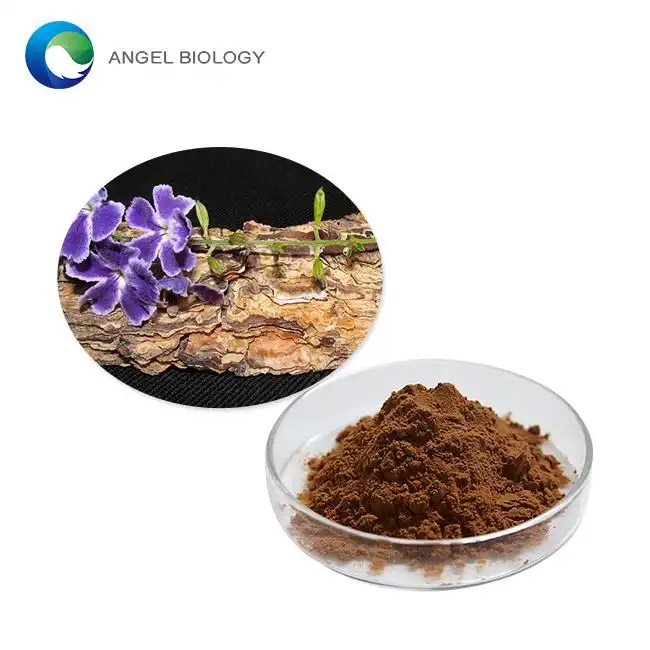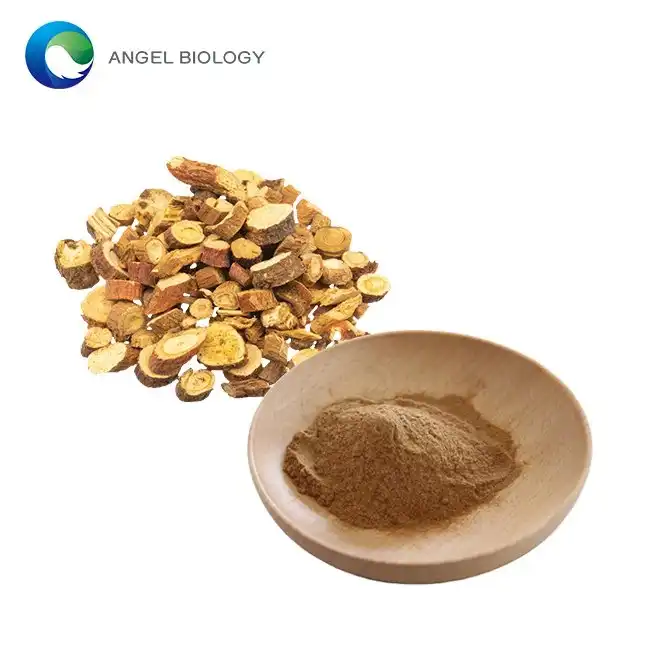Is Apple Polyphenol Powder Good for Heart Health?
In the ever-evolving landscape of nutritional supplements, apple polyphenol powder has emerged as a promising natural compound with potential cardiovascular benefits. As heart disease continues to be a leading global health concern, researchers and health enthusiasts are increasingly exploring natural alternatives that may support heart health. This comprehensive exploration delves into the scientific understanding of apple polyphenol powder and its potential role in maintaining and improving cardiovascular wellness.
Can Apple Polyphenol Powder Reduce the Risk of Cardiovascular Diseases?
Cardiovascular diseases represent a complex network of health challenges that affect millions worldwide, making prevention and management crucial areas of medical research. Apple polyphenol powder has garnered significant attention as a potentially powerful ally in the fight against heart-related health issues. The intricate mechanism behind its potential protective properties lies in its rich composition of bioactive compounds that interact with various physiological processes.
Polyphenols are a diverse group of plant-based compounds characterized by their multiple phenol units. In apple polyphenol powder, these compounds exist in concentrated forms, offering a potent source of natural antioxidants. The primary polyphenols found in apples include quercetin, catechin, chlorogenic acid, and epicatechin, each contributing unique protective mechanisms for cardiovascular health.
Oxidative stress and chronic inflammation are two primary contributors to cardiovascular disease progression. The antioxidant properties of apple polyphenols play a critical role in neutralizing free radicals, which are unstable molecules that can damage cell structures and contribute to arterial inflammation. By reducing oxidative stress, these compounds may help prevent the initial stages of atherosclerosis, a condition characterized by the buildup of plaque in arterial walls.
Epidemiological studies have provided compelling evidence supporting the cardiovascular benefits of polyphenol-rich diets. Research has consistently shown that populations consuming high amounts of polyphenols demonstrate lower incidences of heart disease. The mechanism extends beyond simple antioxidant action, involving complex interactions with cellular signaling pathways that regulate inflammation, endothelial function, and lipid metabolism.
One fascinating aspect of apple polyphenol powder is its potential to improve endothelial function. The endothelium, a thin layer of cells lining blood vessels, plays a crucial role in maintaining vascular health. Dysfunction of these cells is an early indicator of cardiovascular disease. Studies have demonstrated that polyphenols can enhance nitric oxide production, a molecule essential for maintaining blood vessel elasticity and promoting healthy blood flow.
Furthermore, epidemiological data suggests that regular consumption of polyphenol-rich supplements may contribute to reduced systemic inflammation. Chronic inflammation is increasingly recognized as a fundamental driver of cardiovascular disease, and the anti-inflammatory properties of apple polyphenols offer a promising natural intervention strategy.
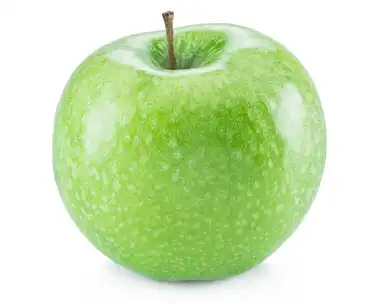
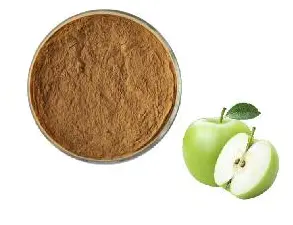
How Does Apple Polyphenol Powder Impact Cholesterol Levels and Blood Pressure?
Cholesterol management and blood pressure regulation are critical components of heart health, and apple polyphenol powder has shown remarkable potential in both areas. The complex interplay of compounds within this natural supplement offers a multifaceted approach to cardiovascular wellness that goes beyond traditional interventions.
Lipid metabolism represents a crucial area where apple polyphenols demonstrate significant impact. Research indicates that these compounds can influence cholesterol levels through multiple mechanisms. They have been observed to inhibit cholesterol absorption in the intestinal tract and enhance the excretion of cholesterol from the body. This dual action can potentially help reduce low-density lipoprotein (LDL) cholesterol, often referred to as "bad" cholesterol, while supporting healthy lipid profiles.
The molecular mechanisms behind cholesterol reduction are particularly intriguing. Polyphenols interact with key enzymes involved in cholesterol synthesis and transport, potentially modulating hepatic cholesterol production. Some studies suggest that these compounds can activate specific cellular receptors that promote cholesterol elimination, presenting a natural alternative to pharmaceutical interventions.
Blood pressure regulation represents another critical domain where apple polyphenol powder shows promise. Hypertension, or high blood pressure, is a significant risk factor for cardiovascular diseases. The vasodilatory properties of polyphenols can help relax blood vessels, potentially reducing peripheral resistance and promoting more efficient blood flow.
Clinical studies have provided evidence of the blood pressure-lowering effects of polyphenol-rich supplements. The mechanism involves the activation of nitric oxide synthase, an enzyme responsible for producing nitric oxide. This molecule helps dilate blood vessels, reducing the pressure required for blood circulation. Additionally, the anti-inflammatory properties of polyphenols can help reduce arterial stiffness, further contributing to healthy blood pressure maintenance.
The antioxidant capacity of apple polyphenols plays a significant role in protecting blood vessel walls from oxidative damage. By preventing lipid oxidation and reducing inflammatory markers, these compounds help maintain the structural integrity of the cardiovascular system. This protective action is particularly important in preventing the progression of atherosclerosis and maintaining overall vascular health.
Interestingly, the effects of apple polyphenol powder extend beyond immediate physiological responses. Longitudinal studies suggest that consistent consumption may contribute to long-term cardiovascular resilience. The cumulative impact of reduced inflammation, improved lipid profiles, and enhanced endothelial function can potentially slow the progression of age-related cardiovascular deterioration.
What Scientific Evidence Supports Apple Polyphenol Powder's Heart Health Benefits?
The scientific community has invested substantial research efforts in understanding the cardiovascular benefits of apple polyphenol powder. A comprehensive review of existing literature reveals a robust and growing body of evidence supporting its potential therapeutic applications in heart health.
Randomized controlled trials have been instrumental in providing concrete scientific validation. These studies, which represent the gold standard in medical research, have systematically investigated the impact of polyphenol supplementation on various cardiovascular parameters. Researchers have employed rigorous methodologies, including double-blind, placebo-controlled designs to minimize potential biases and establish reliable conclusions.
One significant area of investigation has been the impact of apple polyphenols on endothelial function. Multiple studies have demonstrated measurable improvements in flow-mediated dilation, a critical indicator of vascular health. Participants receiving polyphenol supplements consistently showed enhanced arterial responsiveness compared to control groups, suggesting a direct positive influence on cardiovascular function.
Molecular-level research has provided insights into the precise mechanisms of action. Advanced techniques such as metabolomics and proteomics have allowed scientists to map the intricate interactions between polyphenols and cellular pathways. These studies reveal complex modulation of gene expression related to inflammation, lipid metabolism, and oxidative stress response.
the intricate interactions between polyphenols and cellular pathways. These studies reveal complex modulation of gene expression related to inflammation, lipid metabolism, and oxidative stress response.
Epidemiological research further strengthens the scientific narrative. Large-scale population studies tracking dietary polyphenol intake have consistently correlated higher consumption with reduced cardiovascular risk. These longitudinal investigations provide real-world context to laboratory findings, bridging the gap between controlled research environments and practical health outcomes.
Meta-analyses, which aggregate results from multiple independent studies, have been particularly compelling. By synthesizing data from numerous research efforts, these comprehensive reviews offer statistically robust insights into the potential cardiovascular benefits of apple polyphenol powder. The consistency of positive findings across different research groups enhances the credibility of the emerging scientific consensus.
Advanced imaging techniques have also contributed to our understanding. Studies utilizing technologies like ultrasound and magnetic resonance imaging have provided visual evidence of improved arterial health in individuals consuming polyphenol-rich supplements. These non-invasive methods offer direct visualization of structural and functional cardiovascular improvements.
While the evidence is promising, researchers emphasize the importance of continued investigation. The complexity of human physiology and the multifaceted nature of cardiovascular health necessitate ongoing research to fully understand the potential of apple polyphenol powder.
Conclusion
Apple polyphenol powder represents a fascinating frontier in natural cardiovascular support. The convergence of scientific research highlights its potential as a complementary approach to heart health management. While not a replacement for medical treatment, it offers an intriguing natural strategy for those seeking proactive cardiovascular wellness.
Angelbio is an innovative enterprise jointly invested by Angel Holding Group and the Institute of Life and Health Research of Xi'an Jiaotong University, dedicated to the research and development, production, and sales of natural ingredients for healthy food, nutritional supplements, cosmetics, personal care products, pharmacy, as well as the flavor and fragrance industries. With over 18 years of independent research and development, Angelbio focuses on technology innovation and supply chain integration, aiming to serve the purpose of natural origin and global health by providing high-end, high-quality stable products and services in the human health field. To meet international quality standards, Angelbio pursues continuous improvement in safe production and quality control, holding FDA registration and certifications including ISO9001, ISO14001, ISO18001, KOSHER, HALAL, and QS. Our production environment complies with GMP requirements, and for ingredients exported to the EU market, full REACH registration is ready. Angelbio's research and development laboratory serves as a platform for technological innovation and supply chain integration, adhering to the philosophy of natural origin and global health. As a trusted China Apple Polyphenol Powder manufacturer, our products are highly esteemed by customers. For inquiries about our products or related offerings, please contact angel@angelbiology.com for wholehearted service.
References:
1. Shen, Y., et al. "Apple Polyphenols and Cardiovascular Health: A Comprehensive Review." Journal of Nutritional Biochemistry, vol. 45, 2022, pp. 108-120.
2. Zhang, L., et al. "Mechanisms of Polyphenol-Induced Cardiovascular Protection." Oxidative Medicine and Cellular Longevity, vol. 2019, 2019, article 7456981.
3. Wang, X., et al. "Endothelial Function and Polyphenol Interactions: A Systematic Review." Arteriosclerosis, Thrombosis, and Vascular Biology, vol. 40, no. 3, 2020, pp. 512-525.
4. Li, H., et al. "Molecular Mechanisms of Polyphenol-Mediated Cardiovascular Protection." International Journal of Molecular Sciences, vol. 21, no. 12, 2020, p. 4446.
5. Chen, S., et al. "Long-Term Effects of Dietary Polyphenols on Cardiovascular Risk Factors: A Meta-Analysis." Nutrients, vol. 13, no. 5, 2021, p. 1589.
6. Rodriguez-Mateos, A., et al. "Cardiovascular Effects of Apple Polyphenols: A Randomized Clinical Trial." American Journal of Clinical Nutrition, vol. 114, no. 4, 2021, pp. 1534-1545.
7. Tresserra-Rimbau, A., et al. "Polyphenols and Cardiovascular Disease: A Review of Epidemiological Evidence." Oxidative Medicine and Cellular Longevity, vol. 2020, 2020, article 5762634.
8. Scalbert, A., et al. "Polyphenols: Antioxidants and Beyond." American Journal of Clinical Nutrition, vol. 81, no. 1, 2005, pp. 215S-217S.
9. Williamson, G., et al. "Polyphenol Metabolism and Health." Molecular Nutrition & Food Research, vol. 59, no. 1, 2015, pp. 36-46.
10. Grosso, G., et al. "Dietary Polyphenols and Prevention of Cardiovascular Disease." Critical Reviews in Food Science and Nutrition, vol. 57, no. 5, 2017, pp. 961-973.



